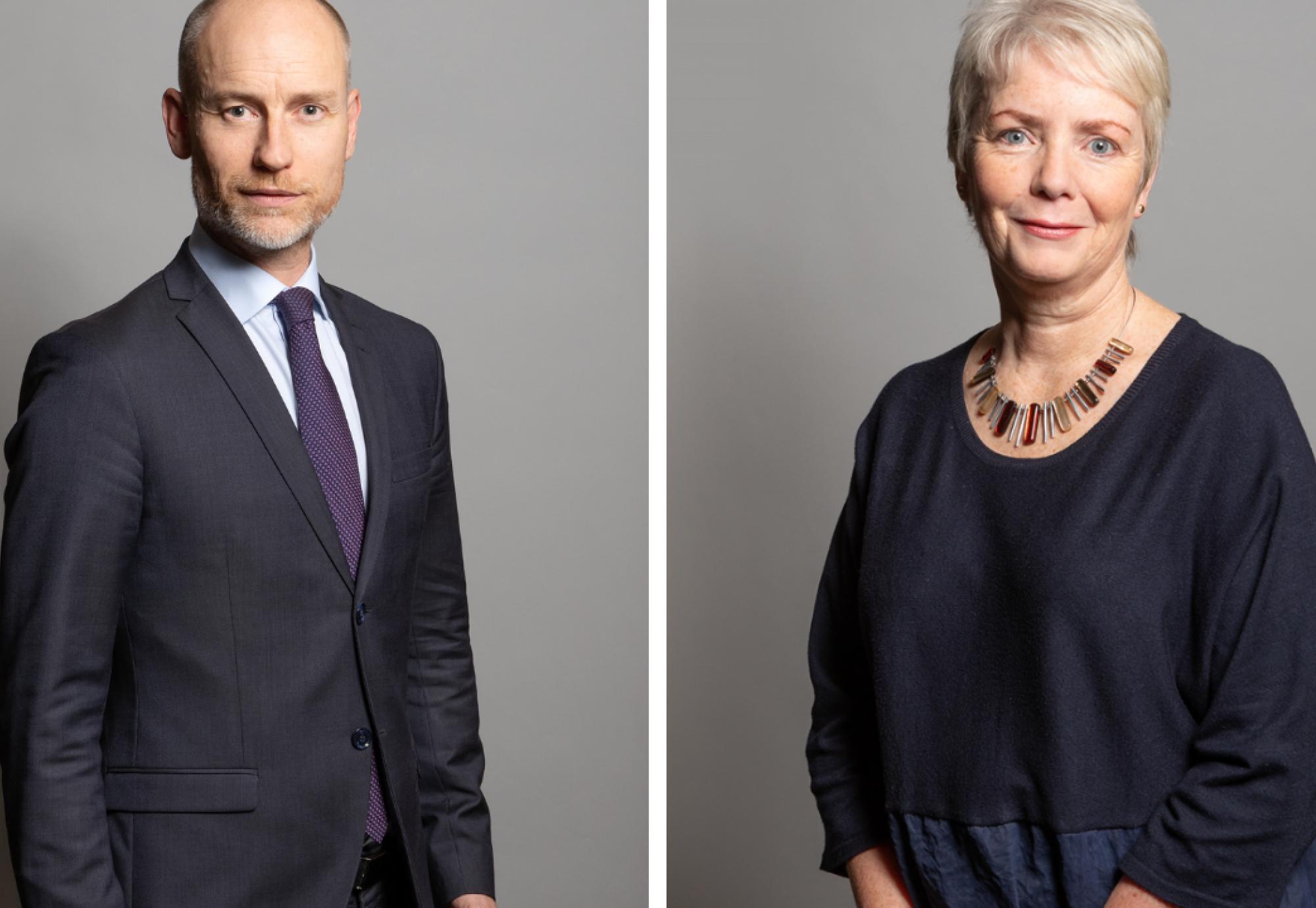Kicking off the appointments in Wes Streeting’s ministerial team are Karin Smyth and Stephen Kinnock, as the Department of Health and Social Care (DHSC) begins to take shape following Labour’s landslide victory in the general election last week.
Kinnock has been appointed as minister of state for care after winning the seat in his Aberafan Maesteg constituency for Welsh Labour with a 10,000+ majority. He was originally focused on immigration but comes in as social care minister.
The appointment of Kinnock has been welcomed by leaders in the sector.
Helen Walker, CEO at Carers UK, said: “We welcome the appointment of Stephen Kinnock MP as a Minister of State for Care in the DHSC and look forward to working with him to make life better for carers.”
His in-tray will be dominated by the 5.7 million unpaid carers that are estimated to be worth approximately £162bn to the economy per year.
“[I’m] truly honoured to be appointed Minister of State for Care in the DHSC,” he said.
“Looking forward to working with Secretary of State Wes Streeting and the team, as we seek to meet the multitude of health and social care challenges that Britain faces, after 14 difficult years.”
Stephen is the son of former European Commission vice-president and Labour leader, Neil Kinnock, who was an MP between 1970 and 1995.
Meanwhile, Smyth — a former NHS manager — has been appointed minister of state for health after winning her Bristol South seat with a nearly 8,000 majority.
The news follows new health secretary Wes Streeting’s first address in the role, where he confirmed that the official policy of the DHSC is that the NHS is “broken”.
Streeting visited Abbey Medical Centre yesterday with NHS England’s CEO, Amanda Pritchard, and reaffirmed his intention to shift resources upstream into general practice and primary care.
He said: “Patients are finding it harder than ever to see a GP. Patients can’t get through the front door of the NHS, so they aren’t getting the timely care they need.
“That’s no surprise, when GPs and primary care has been receiving a smaller proportion of NHS resources. I’m committed to reversing that.
“My first visit as Health Secretary was to a GP practice because when we said we want to shift the focus of the NHS out of hospitals and into the community, we meant it.”
He continued: “I’m determined to make the NHS more of a neighbourhood health service, with more care available closer to people’s homes.
“Because if patients can’t get a GP appointment, then they end up in A&E, which is worse for them, and more expensive for the taxpayer.
“We are committed to bringing back the family doctor, so patients can see the same doctor each appointment, fixing the front door to the NHS.”
Image credit: UK Government



















